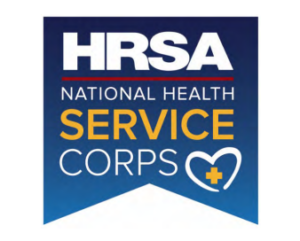June 21, 2024

New Funding Opportunity: Nurse Education, Practice, Quality and Retention (NEPQR) – Workforce Expansion Program (WEP) HRSA-24-098
The Health Resources and Services Administration (HRSA) released a new Notice of Funding Opportunity (NOFO) to increase the nursing workforce in rural (non-metro) and underserved areas to address the critical shortage of nurses, specifically in acute and long-term care settings.
The Nurse Education, Practice, Quality and Retention (NEPQR) – Workforce Expansion Program (WEP) enhances nursing education and baccalaureate degree nursing students.
HRSA will award approximately $4.7 million to up to five grantees over a period of four years through this funding opportunity.
Eligible Applicants include:
- Accredited schools of nursing
- Entities that offer associate degrees in nursing, such as community colleges
- Hospitals and nurse-managed health centers
- Nursing homes and hospice facilities
- Federally qualified health centers and rural health clinics
- Native American tribal governments and organizations
View funding opportunity for complete eligibility information




